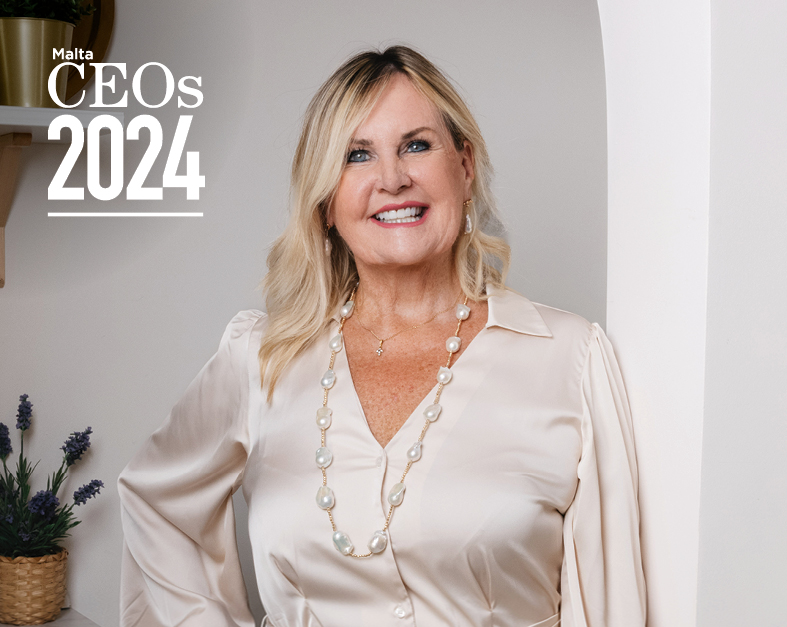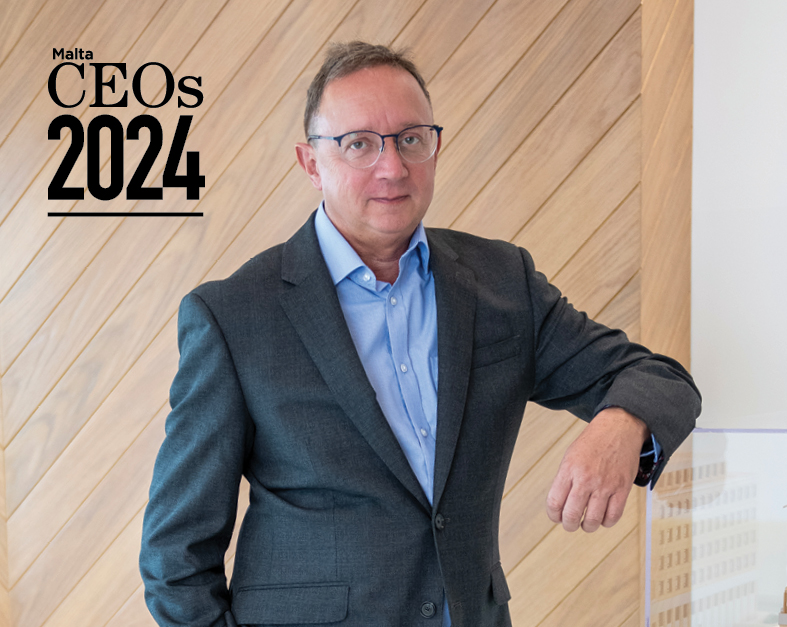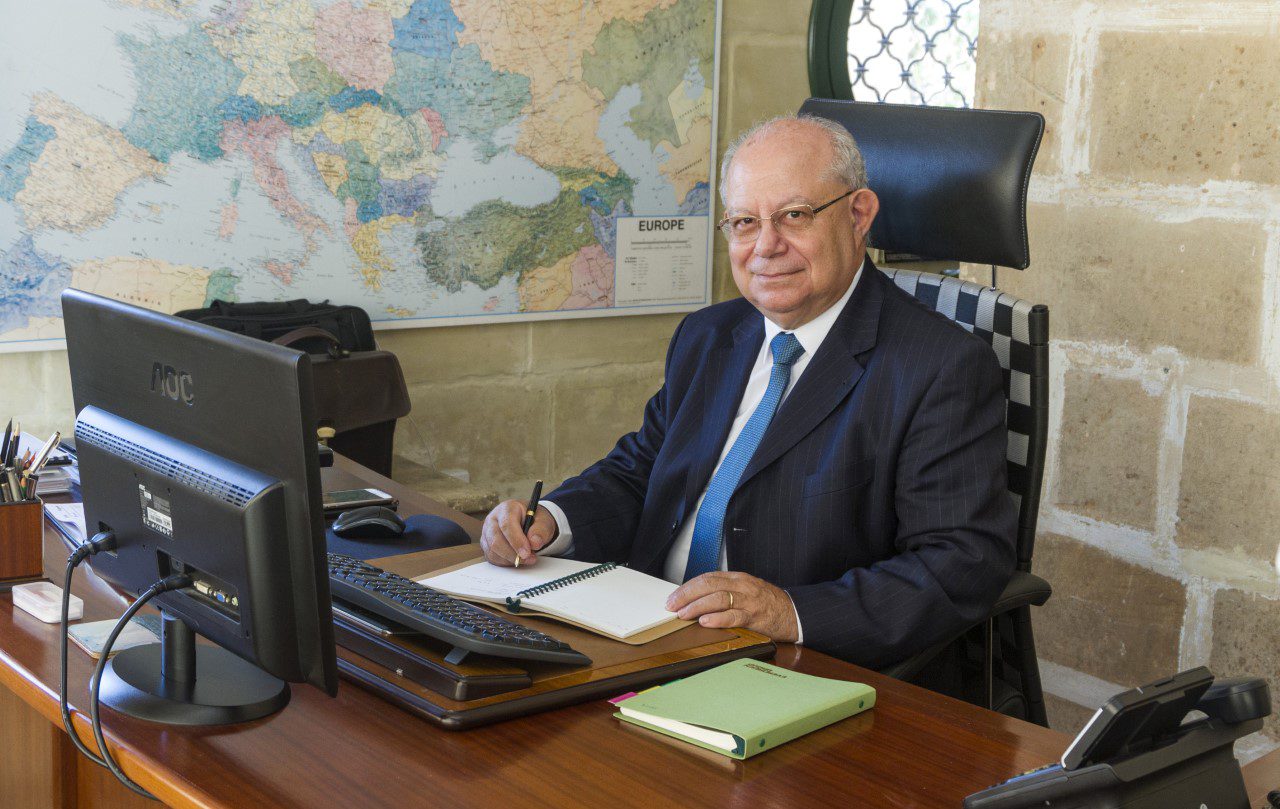Establishing solid friendships at work is key to boosting productivity and professional development. Spending so much time in the workplace means that some cross-level friendships are bound to occur especially if certain work projects bring together different members from across the company. If you just happen to get along with your boss and strike up a friendly rapport with them, will this necessarily elicit a negative response from HR?
Being friendly with superiors and subordinates can foster an open and pleasant work environment “based on mutual respect, care and concern,” says Kathy Caprino in her article for Forbes “Can Bosses and Employees be friends outside of work?” She acknowledges however, that taking friendships with your boss out of work and making them personal moves into murky waters and must be handled delicately and effectively so that the friendship does not have a negative impact on performance as well as professional work rapport when the relationship is unequal. Indeed, she acknowledges that “it can also backfire terribly.”
In this respect, author and organisational culture guru Louis Carter, made it clear in his blog post titled: “The Pitfalls of Excessive Niceness: How Being Liked as a C-Level Leader Hinders Team and Company Progress,” that friendliness across the divide can lead to three major issues: missed opportunities for constructive feedback; lack of assertiveness in decision-making; and diminished innovation and creativity. Can these issues be blamed solely on a desire to be friendly and liked, or on a misinterpretation of what friendly behaviour should be? In a true friendship, honesty and criticism are welcomed – would this not be beneficial to a company leader and the way in which they nurture and build their relationships? Angelica Attard, Clinical Psychologist and Somatic Life Coach BPsy(Hons), MSc, DClinPsy, CPsychol; weighed in on the subject at MaltaCEOs’ request.

Leaders may find themselves being excessively nice “because they may fear rejection or not being good enough and this may drive them to try to be liked and not upset anyone.” Another reason “may also stem from a misconception of what forms a healthy friendship.” Some people equate friendliness with avoiding confrontation, and thereby adopting unhealthy patterns of relating like hiding feelings and putting others’ needs first. None of this is “conducive to a healthy friendship in the absence of assertiveness, compassion and reciprocity.” For work dynamics to be optimal, there has to be a clear balance.
Dr Attard goes on to say that “being friends with employees isn’t a prerequisite for being a good leader. There is a difference between being friends with your employees and being friendly. You can be a friendly and effective leader even if you are not friends with your employees.” It is her belief “that it is more important to understand what underlying qualities form healthy relationships, and then to understand how this applies to leadership.” She describes a compassionate leader as one who “can show sympathy, empathy, kindness and care” towards their employees. Compassion gives one the courage to be “vulnerable and have difficult conversations with their friend grounded in openness, honesty and candour.” In turn this allows “leaders to identify when the friendship is impacting on professionalism at work and to commit to reducing unhelpful ways of working, for example by calling out unhelpful team dynamics, setting boundaries or holding themselves and their friend accountable for their responsibilities.”
In order to establish healthy boundaries, Dr Attard recommends that both parties connect with the values they hold in both work relationships and in friendships as “this can guide them to identify what boundaries are needed.” She states that mutual communication and agreement on these boundaries is key, as well as the “permission to raise any changes” required.
The separation of work and personal life is significant and the amount of disclosure of personal information is a matter of choice for both parties depending on how vulnerable this makes them feel. The use of separate devices for work versus personal communication is also very useful. Trust based on confidentiality is also extremely significant and allows an unequal power-dynamic to function effectively if the employee feels secure in the knowledge that personal bias on the part of their employer will not affect their role in the company. Equal and fair treatment for all is crucial.
From the perspective of an employer, navigating the clear power-imbalance can be difficult. Dr Attard agrees that it is “natural for friendships to form organically between an employer and employee over time as they work together and get to know each other.” This is often aided by work events and socials, and the reality is that some people are just easier to work with than others, especially if they share similar interests, values and character traits. When a friendship does develop, it must “be handled sensitively and carefully given their position of influence and power. Employees may want to be recognised and valued by their boss and this may create an underlying pressure to comply with their boss’s wishes.”
A good leader must be aware of this and work at managing the relationship fairly to avoid abusing their power and “to consider how forming personal relationships with employees fits within the policies and culture of the organisation.” It is clearly the employer’s responsibility to maintain open communication with their work-friends to ensure that boundaries are not being over-stepped.
The scenario of a boss and employee whose personal friendship pre-dates their professional relationship is also a very real one in Malta. An already existing dynamic may well be affected once one party begins to work for the other. Dr Attard makes it clear that “a change in the relationship dynamic can be expected. Inevitably the change in one friend’s seniority can bring with it a change in power, influence and responsibility in relation to the other friend.” All of this can be the source of emotional responses ranging from “simultaneous happiness and envy for the friend’s promotion, fear about the relationship changing, confusion about how they are going to work together.”
While she acknowledges that “the senior person may find it challenging to be in a position of evaluating their friend’s work and sharing difficult feedback related to job performance and workplace reconstructions;” Dr Attard once again emphasises that maintaining open communication channels will allow for honest discussion to take place about changing roles and responsibilities and “whether any arrangements need to be put into place to support either party.” The initial stages of this scenario place the relationship in a period of transition and agreeing on a time-frame to review the shifting dynamic will allow for both parties to reorganise and re-frame their relationship. If one or both parties realise that working together “may be a detriment to their own and the organisation’s well-being” Dr Attard explains, this “can lead to exploring alternative arrangements such as the friend having a different manager.”
The bottom line is that maturity and honesty will allow anybody navigating work friendships and professional relationships to do so effectively and most importantly respectfully. Once a friendship is strongly established and works solidly, it may well be at the core of innovation and accomplishment.
Ability to adapt identified as skill most requested by employers in Malta – Eurostat
Eurostat compiled data from 1,000 job portals in Europe, splitting online job advertisements into 32 occupation categories.
MMF Chairman stresses need for ‘structured and efficient mechanism’ to screen EU laws
This is in relation to the ETS on shipping, the implementation of which was heavily criticised by industry stakeholders.
Global Payments launches app in Malta enabling merchants to accept card payments via smartphones
The application, called GP tom, allows merchants to accept card payments with their mobile phone instead of the classic terminal.
Malta International Airport appoints two new Heads of department
Paul Toledo and Andrew Portelli bring a wealth of experience to their respective teams.











